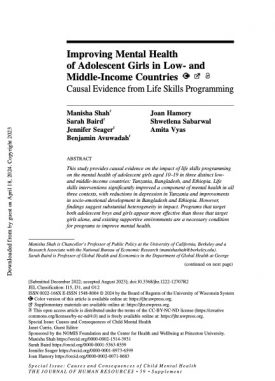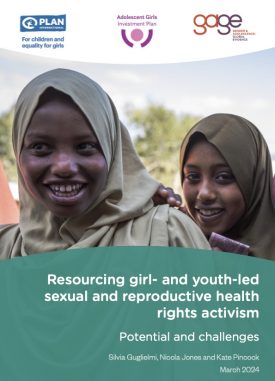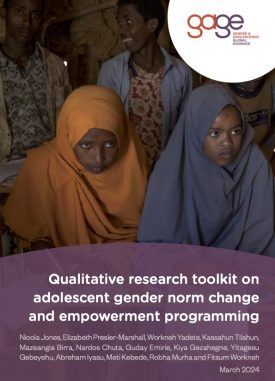Non-formal education programmes to boost young people’s development are increasingly common in the Global South. There is clear evidence of short-term impacts but much less is known about how far they lead to lasting change. Longitudinal studies from the Global North provide insights into the long-term effects of participation in extra-curricular programmes, sometimes decades into adulthood, highlighting long-term educational, economic and mental health benefits. We compare insights concerning the nature and effects of these programmes in different contexts and reflect on transferable lessons. Impacts tend to be longest lasting where programmes build life-skills and connection to others in the community, are delivered by skilled facilitators with significant inputs from young people, and where young people participate for an extended period of time. We found a considerably stronger emphasis on gender equality in Southern programmes, a gap that Northern programmes are starting to fill.
Suggested citation
Simac, J., Marcus, R. and Harper, C. (2019) ‘Does non-formal education have lasting effects?’, Compare: A Journal of Comparative and International Education. (https://doi.org/10.1080/03057925.2019.1669011)


